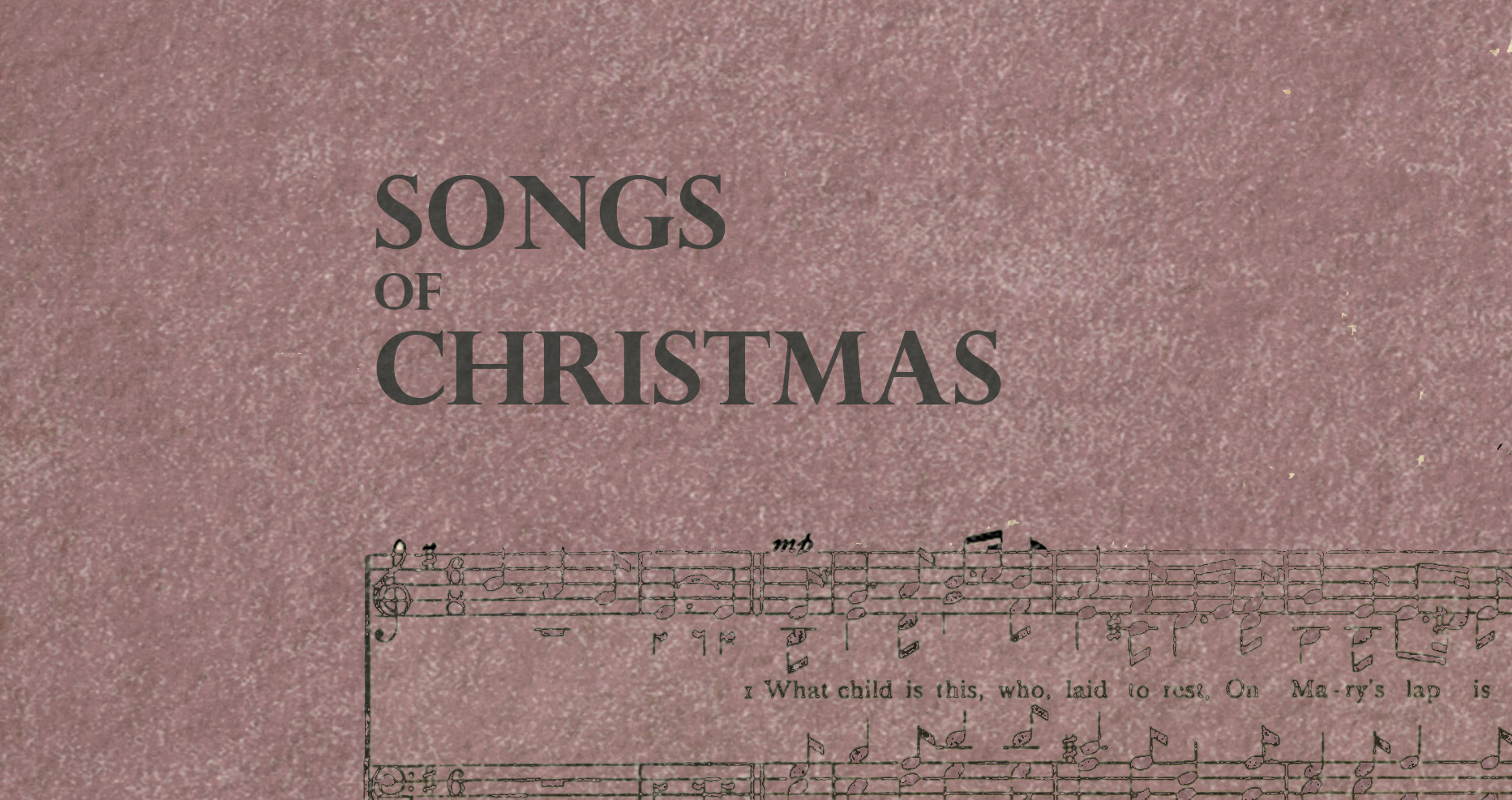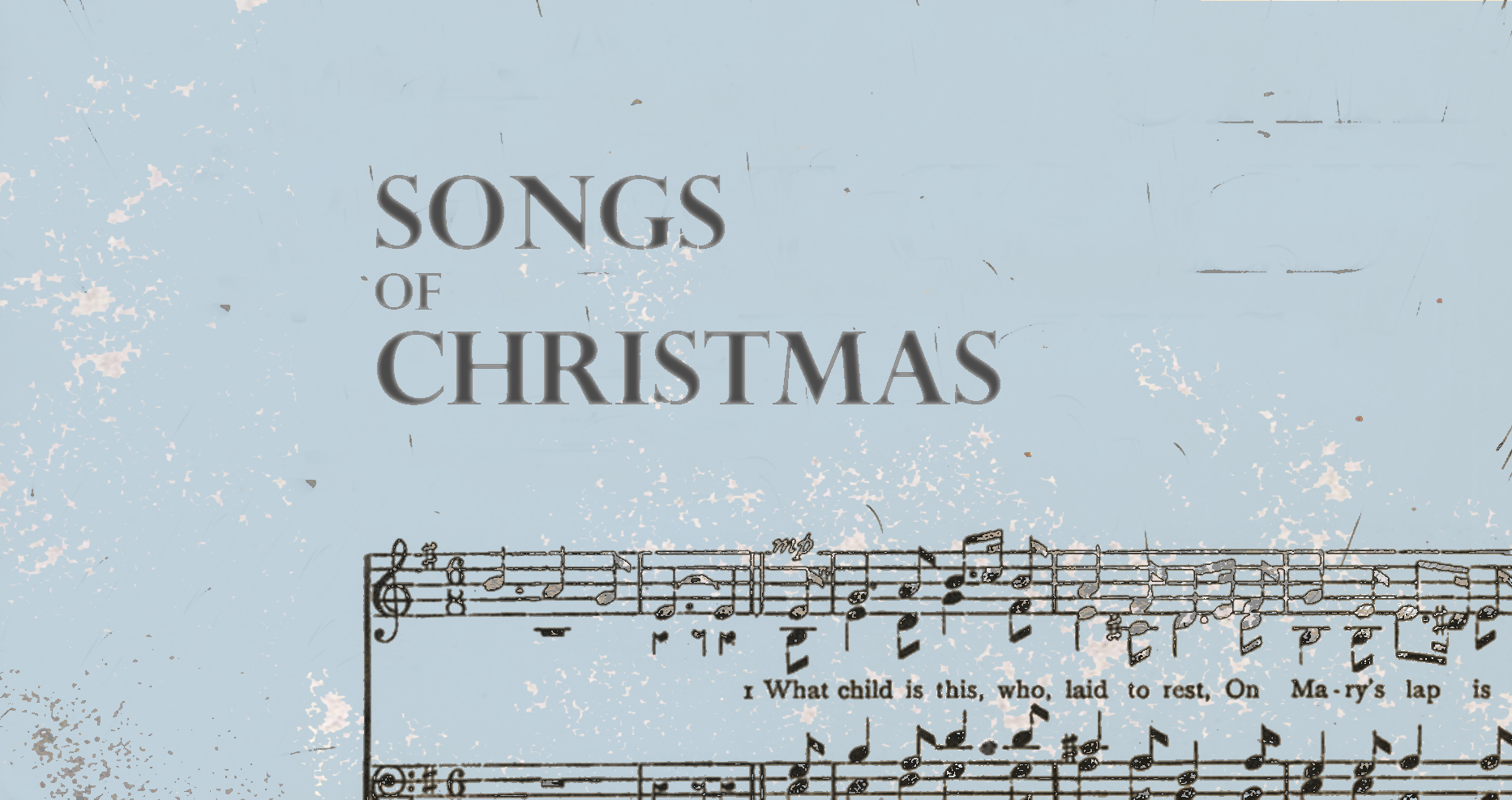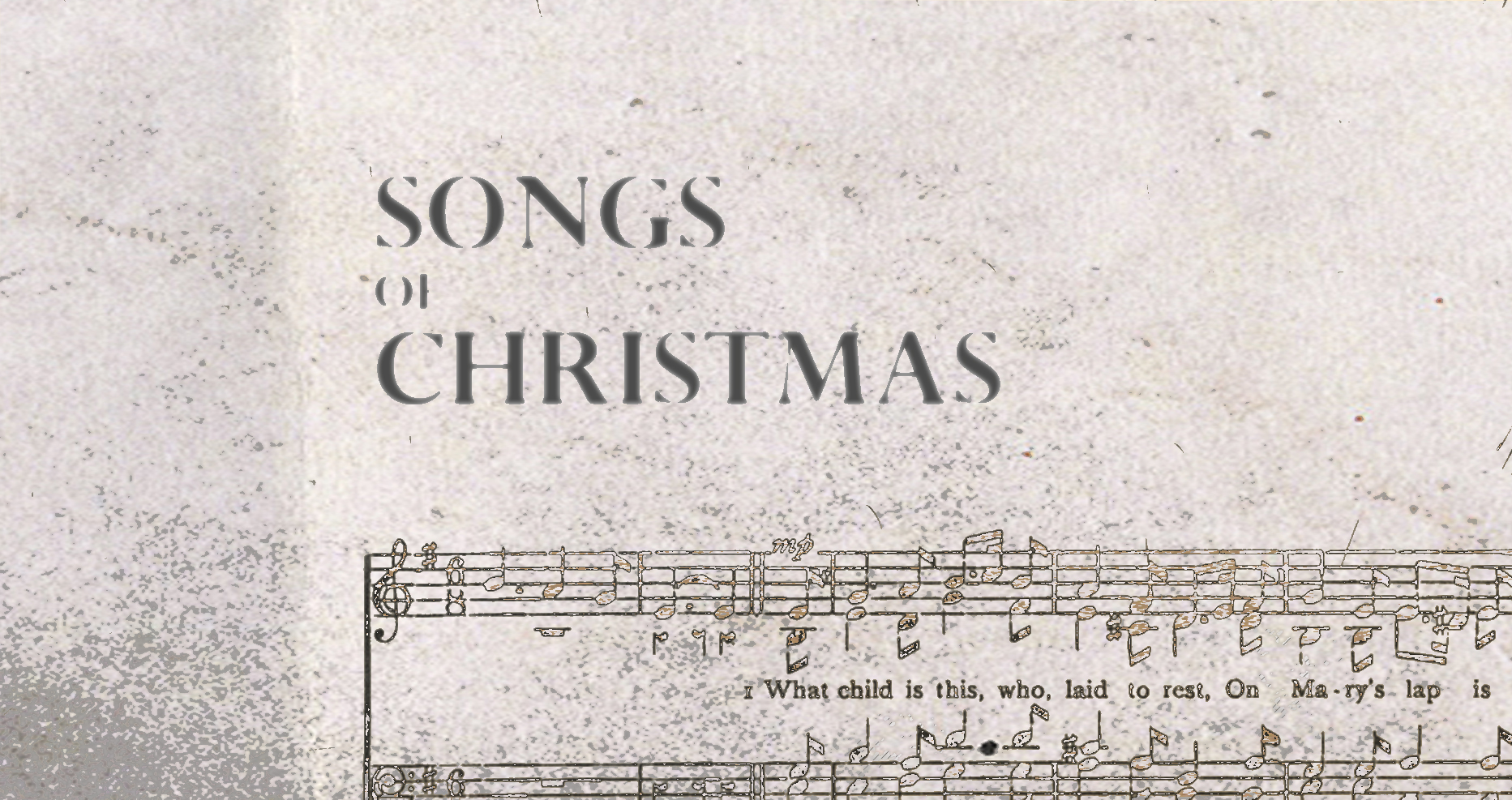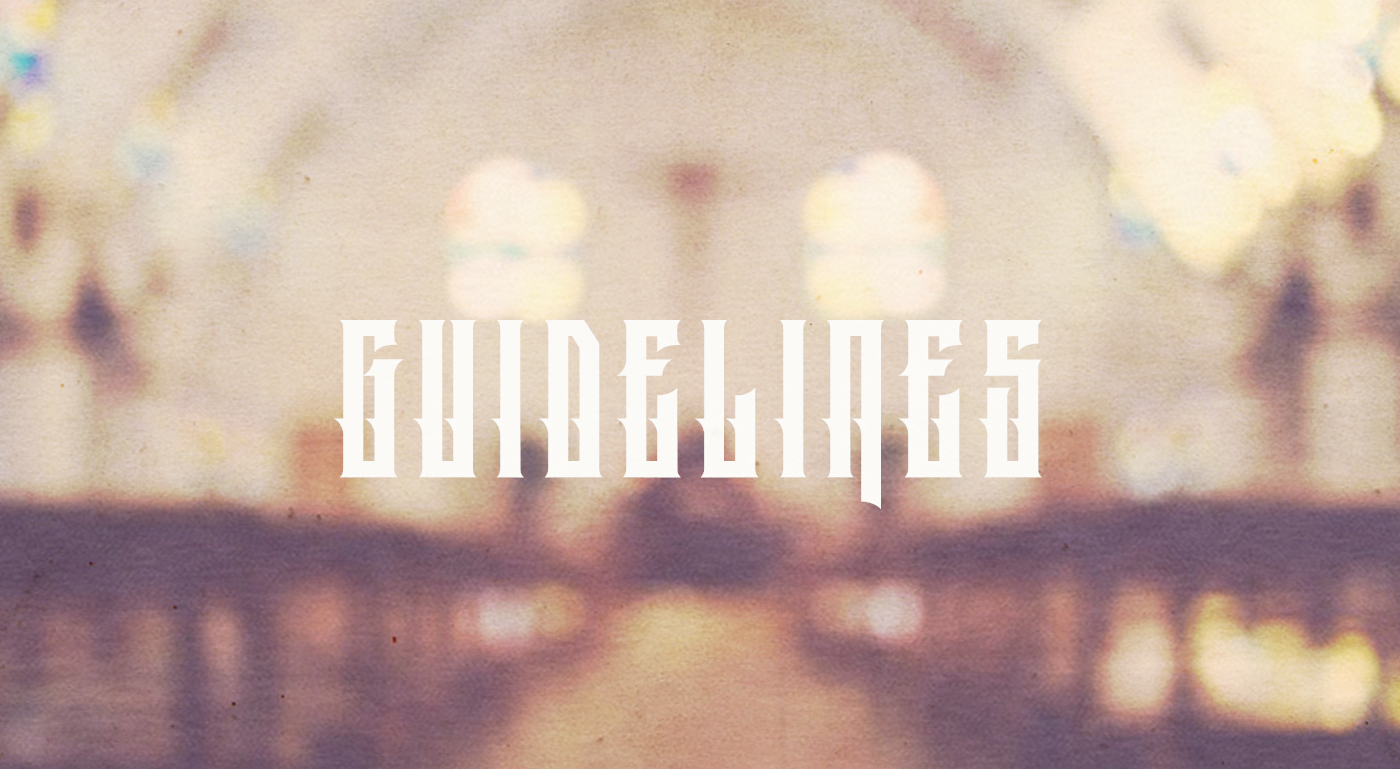Posts by Greg Wilbur

The pushing back of the effects of the Fall is the reason for Christmas—the coming of the Redeemer King who “knows our weakness” and who bears the weight of sin and death to bring peace through the blood of His cross. From the child in the manger, to the savior on the cross, to the conqueror of death, to the ascended Lord at the right hand of the Father, the theme of Christmas is the story of our redemption from the love of the Father. This gives us cause to sing and a reason to be merry.

It is important to remember that some of the best Christmas carols not only speak of Jesus as the child in the manger, but also the gospel reason for why the Christ had to come—the presence of sin that cannot be satisfied but through the peace that comes from the blood of the cross. Jesus did not come to be a sweet child but as the Word made flesh, the bruised and broken sacrifice, the conqueror of death by death, and the ascended Lord at the right hand of the Father.

When artists record popular versions of carols or when publishers add Christmas sons to hymnals and songbooks, too often they excise the core gospel message in exchange for sentimentalism. As the radio plays Christmas music 24 hours a day, it is not unusual for us to hear altered lyrics or simply the first verse of a carol repeated two or three times instead of the original verses.

The concept the confessional worship creates an unfamiliar category that challenges the better known ideas of contemporary or traditional. Practically speaking, what is called contemporary or traditional can be very subjective depending on time and place. As such, confessional worship offers a corrective which transcends both categories.

Pentecost marks the end of the season of Easter as the promised Spirit is poured out on the Church. This is the seal of the New Covenant—the presence of the Lord descends on His people just as the pillar of fire descended on the tabernacle and the temple on the Holist of Holies. With the veil of the temple torn in two at the death of Christ, the access to God—the mercy seat and the symbols of the sacraments—is bestowed on the Church who is now collectively the temple of the Holy Spirit. Pentecost is effectively the birthday of the Church.




















 © Alliance of Confessing Evangelicals
© Alliance of Confessing Evangelicals


